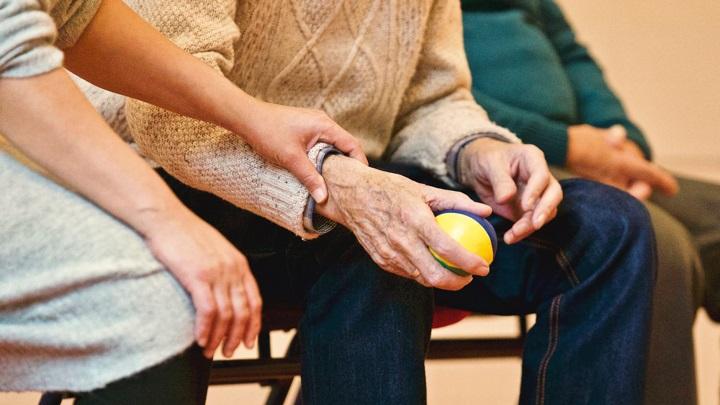
One in five people within Northern Ireland meet the criteria for Covid-19 related PTSD due to the current pandemic, according to Queen’s University Belfast (QUB).
The university conducted a survey to explore the psychological impact of lockdown and the coronavirus crisis on the population of the UK.
It found that within 470 people in NI, one third also met the criteria for anxiety and depression.
The study was led by Professor Chérie Armour and researchers from the Stress, Trauma And Research Conditions (STARC) research lab at QUB.
The team conducted a month-long online study, collecting data from over 2500 people across the UK, and said it is the largest data collection exercise on Covid-19 related mental health in NI to date.
RELATED: QUB expects to conduct 1000 COVID-19 tests per day
Prof Armour said: “The rates of self-reported anxiety, depression and Covid-19 related symptoms during the first month of lockdown are quite striking within our Northern Ireland specific data. They are comparable yet slightly higher than the rates reported in UK studies; mostly collecting data from England.
“This is understandable since Northern Ireland has previously reported a 25% higher prevalence of mental ill health compared to England and our results have shown those with pre-existing mental health conditions are most at risk”.

The survey results revealed that the most at risk groups for mental ill health during the first month of lockdown included those with pre-existing mental health conditions, key workers, those who consume a high volume of COVID-19 related information via the media, younger people, and those who are highly concerned about infection.
RELATED: We need to think about how social media combined with traditional media is affecting mental health
Almost three-quarters (72%) stated that they were highly concerned about the ability of the health service to care for Covid-19 patients if the situation was to worsen.
Approximately half of respondents (49%) said they were highly concerned about the government’s ability to manage the situation.
One in two people were highly concerned about the financial implications of the outbreak; particularly those who reported a self-perceived lower than average income.
At the time of survey completion, 68% of respondents who were non-keyworkers claimed they were self-isolating.
One in five knew someone who had been diagnosed with the virus but in contrast, only two people reported having been diagnosed themselves.
RELATED: Nearly 70% UK employees 'feel connected' despite remote working, yet stress levels are high
Prof Armour added: “Based on the figures reported in this study related to mental ill health during lockdown and our understanding that many people may be experiencing psychological distress but not meet the criteria for mental ill health currently, funding should be provided for an uplift to the mental health workforce to support the potential influx of individuals needing mental health support”.